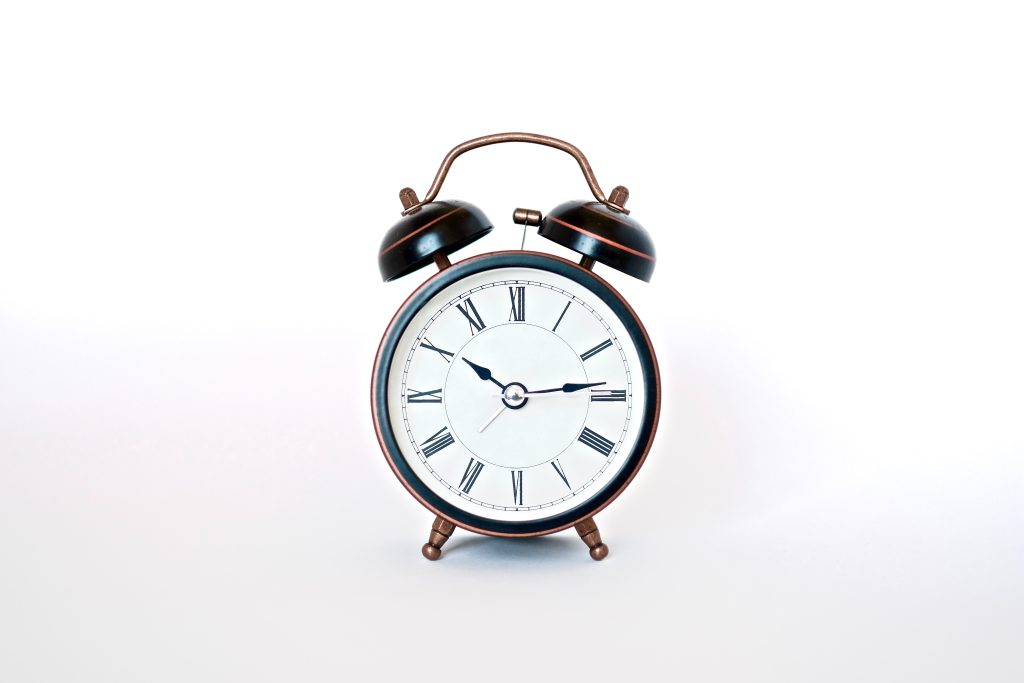Nowadays, insomnia is a sleep problem that is gaining popularity. Its signs include having trouble falling asleep, having sleep interruptions, and sleeping more in the morning. Long-term insomnia can have a variety of detrimental repercussions on one’s mental and physical health.
Your ability to properly avoid and cure this disease will increase as a result of your knowledge about insomnia. INOAC will assist you in determining the most typical causes of insomnia in this post.
Stress

Stress
Scientists have established that stress may cause a strong bodily reaction that impairs the quality of our sleep. Stress is a result of interpersonal interactions, jobs, school, etc. Furthermore, because they often encounter distressing events, many people may develop chronic stress.
Stress can negatively impact both physical and mental health. It will become increasingly difficult to interrupt the cycle of sleeplessness and stress because insomnia itself is one source of stress.
Lifestyle
One of the biggest causes of insomnia is an unhealthy lifestyle. Some practices appear commonplace and regular, yet they are seriously detrimental to your ability to sleep:
- It is more difficult to fall asleep at night after taking a nap late after lunch or in the evening.
- Your body’s clock will get confused if you stay up late at night and wake up early in the morning to make up for missing sleep.
- Working late or playing video games at night to stimulate the brain
- In addition to causing insomnia, overeating, consuming alcohol, or using caffeine can also disrupt and induce non-restorative sleep.
All of these behaviors might harm the quality of your sleep and, over time, lead to insomnia. So if you are leading one of these harmful lifestyles, be careful!
Irregular sleep schedule

Irregular sleep schedule
The daily cycle of day and night will be followed by an optimum sleep pattern. However, a lot of people have bad sleep habits that might throw off their body clocks. The two most common causes of irregular sleep patterns are shift work and jet lag. While shift work makes us sleep during the day and work all night, jet lag prevents us from quickly adjusting to a change in time zone. Long-term effects include sleeplessness and a disrupted circadian rhythm.
Physical illness and mental health disorder
Since physical ailments immediately impact how you feel when in bed, they can all lead to insomnia. Back pain, for example, might make your discomfort worse and will undoubtedly make it difficult for you to lie down comfortably. As a result, all illnesses will affect the quality and amount of your sleep, which can result in both temporary insomnia and chronic insomnia.
The correct mattress must be chosen since those who have back discomfort appear to experience sleeplessness the worst.
Medications
The use of some drugs may also contribute to sleeplessness. The adverse effects of some medicines, such as those for asthma or blood pressure, might include difficulty sleeping. Some anti-flu medications, however, may lead us to sleep during the day and awake at night.
Some people even experience difficulty falling asleep after stopping the medication because their bodies require time to adjust.
Additionally, various people have insomnia for a variety of different causes. Scientists have, however, demonstrated that the number of people who suffer from insomnia, including both young and old, is rising over time. The best approaches to avoid and treat this major health issue are to understand your body and what the primary causes of insomnia are sleep
Hopes that you and your loved ones may benefit from our tips and knowledge! We wish you good health and joy!
